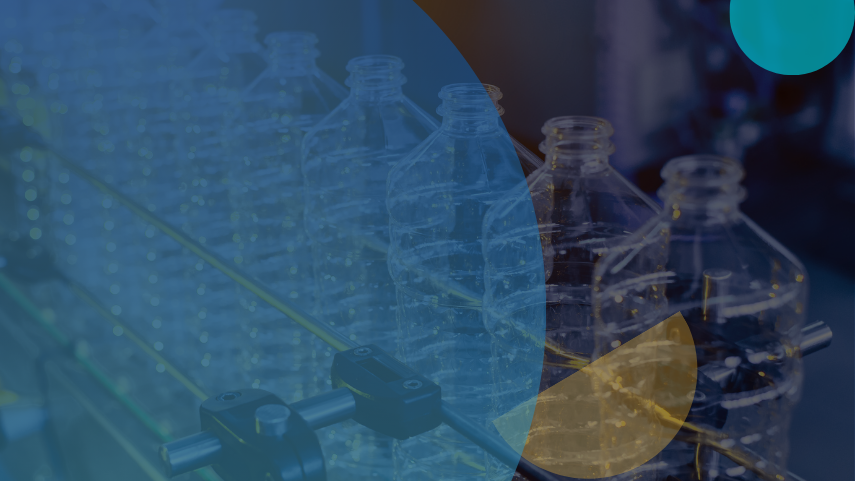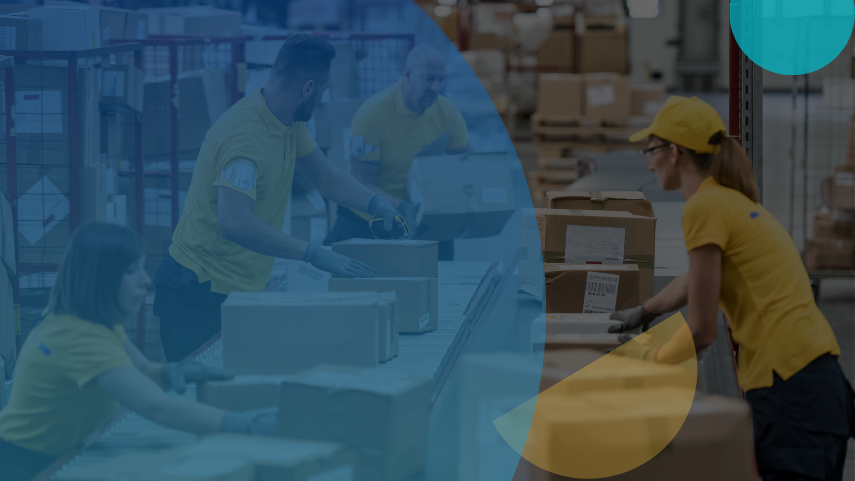
Need to Identify Key Buyers for Recycled Plastic By-Products
Our client, a leading plastics company, faced the task of identifying new markets for its post-consumer recycled plastic by-products. With the global shift towards sustainable practices accelerating, the company was under pressure to keep up with the rising emphasis on recycling and the circular economy. However, a few critical factors posed challenges to this effort:
- Market Complexity: The surge in recycling initiatives meant numerous potential buyers, but finding those who could use the recycled by-products “as is” without requiring further processing proved difficult.
- Cost Optimization: Identifying buyers who could integrate these materials directly into their production processes was key to reducing additional costs and streamlining operations.
- Exploring New Opportunities: The company needed to investigate untapped markets where these recycled materials could be utilized, offering innovative solutions and expanding potential revenue streams.
Optimizing Buyer Selection through Strategic Supply Chain Analysis
The client received targeted insights that helped them evaluate potential buyers based on several critical factors, including the number of feedstock providers each buyer currently worked with, their procurement capacity, and their established partnerships with key industry players such as Dow and LYB for recycled feedstock.
These insights allowed the client to precisely identify the most suitable buyers who could effectively utilize the post-consumer plastic by-products without requiring additional processing. By gaining a clear understanding of the buyers’ existing supply chains and their capacity to handle recycled materials, the client was able to make more informed decisions about potential partnerships. Furthermore, this analysis helped them align with partners possessing strong industry connections, supporting a more sustainable and resilient approach to expanding into new markets.
Key Findings from the Research
Berry Global
Berry Global’s recycling operation in the UK, Berry Circular Polymers purchases and reprocesses all types of plastic waste, including manufacturing, end-of-life, and packaging waste, into high-quality materials for circular products, thereby aiming to reduce the need for virgin polymers and promoting a circular economy.
They accept a wide range of plastic waste, including mixed plastic bales and various manufacturing scrap such as molding rejects, purgings, extrusion sheet scrap, and mixed rigid materials. They source this waste from local authorities, material recycling facilities, and plastic recycling facilities.
Quincy Recycle
Quincy Recycle is an industrial plastic recycler. Each month, they process thousands of tons of plastic recycling material for their manufacturing and industrial vendors.
Their goal is to divert plastic waste from landfills while also helping to reduce the cost of landfill fees for its suppliers. Along with being an industrial plastic recycling company, they are also the ideal plastic recycling brokers for those looking to purchase scraps to use in their processes.
Research Process- How did GreyB Help?
Buyer Identification and Evaluation
Potential buyers for the client’s post-consumer recycled plastic by-products were identified by conducting a thorough analysis of various sources, including web-based searches and third-party databases such as LinkedIn, Crunchbase, and Bloomberg. This research focused on gaining a deep understanding of the client-listed materials and the processes by which they are generated in the polymer stream.
The shortlisted buyers were then evaluated based on parameters such as geographical coverage, input capacity, and turnover time. To validate our findings and gather further insights, we reached out to the top buyers identified during this process, ensuring the information was tailored to the client’s specific needs.
Evaluation and Analysis
A detailed analysis was conducted for each shortlisted buyer, focusing on critical factors such as the technology they used for purification, production capacity, number of plants, and overall supply chain feasibility. This comprehensive evaluation provided the client with a clearer understanding of which buyers could integrate the recycled materials effectively into their operations.
For instance, buyers with strong partnerships in the recycling industry and efficient supply chains were prioritized. These buyers had the necessary infrastructure to handle post-consumer plastics without additional processing, aligning with the client’s goals of cost-effective integration.
Structured Framework and Recommendations
The insights gathered from the evaluation were organized into a structured framework, allowing the client to categorize potential buyers by impact and feasibility. The final recommendations were divided into three categories: Tier 1, immediate partnership opportunities; Tier 2, buyers to monitor for future engagement; and Tier 3, those with lower potential for the current strategy.
Through this process, the client was able to identify the most promising buyers and develop a targeted approach for market expansion based on data-driven recommendations.
Navigating the evolving polymer and plastics industry comes with its own set of challenges, from reducing environmental impact and balancing cost with sustainability, to ensuring product quality and meeting regulatory requirements. These complexities can hinder your market expansion and add operational costs.
Identifying the right market, optimizing supply chains, and enhancing sustainability are key to staying competitive. Whether you’re looking to streamline your supply chain, improve sustainability efforts, or explore new market opportunities, we can help.
If you’re ready to overcome these challenges and drive sustainable growth, fill out the form below to schedule a consultation with our experts today.
Schedule a Consultation With Our Experts Today
Book your slot by filling out the form below




